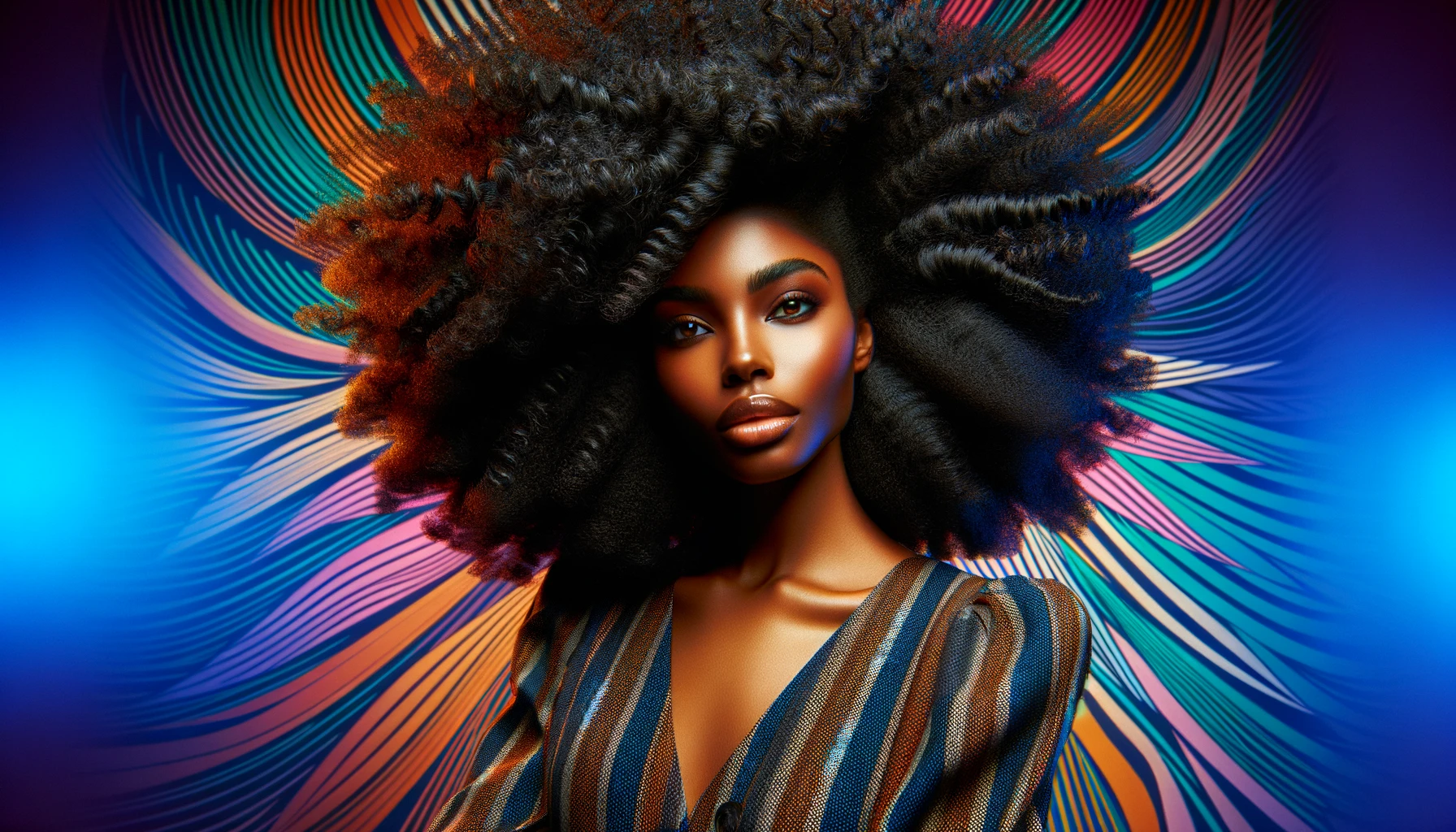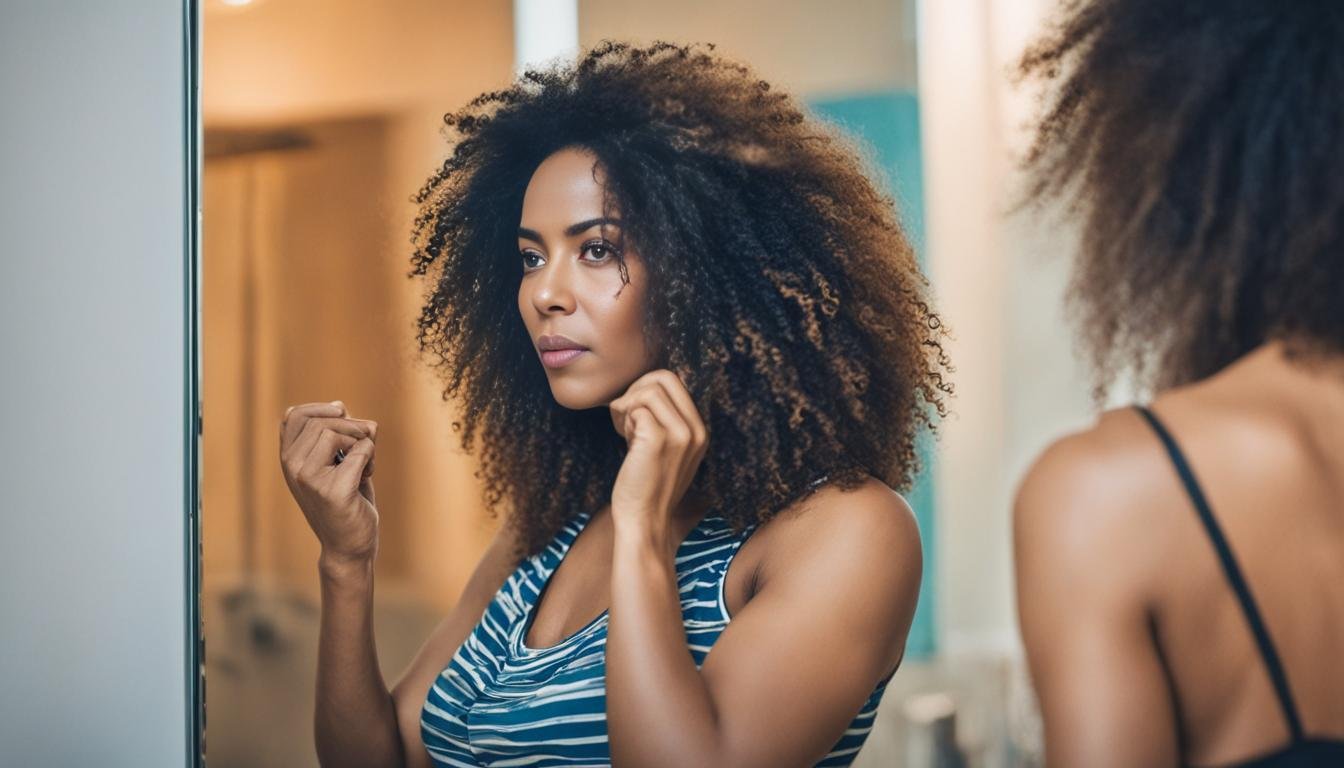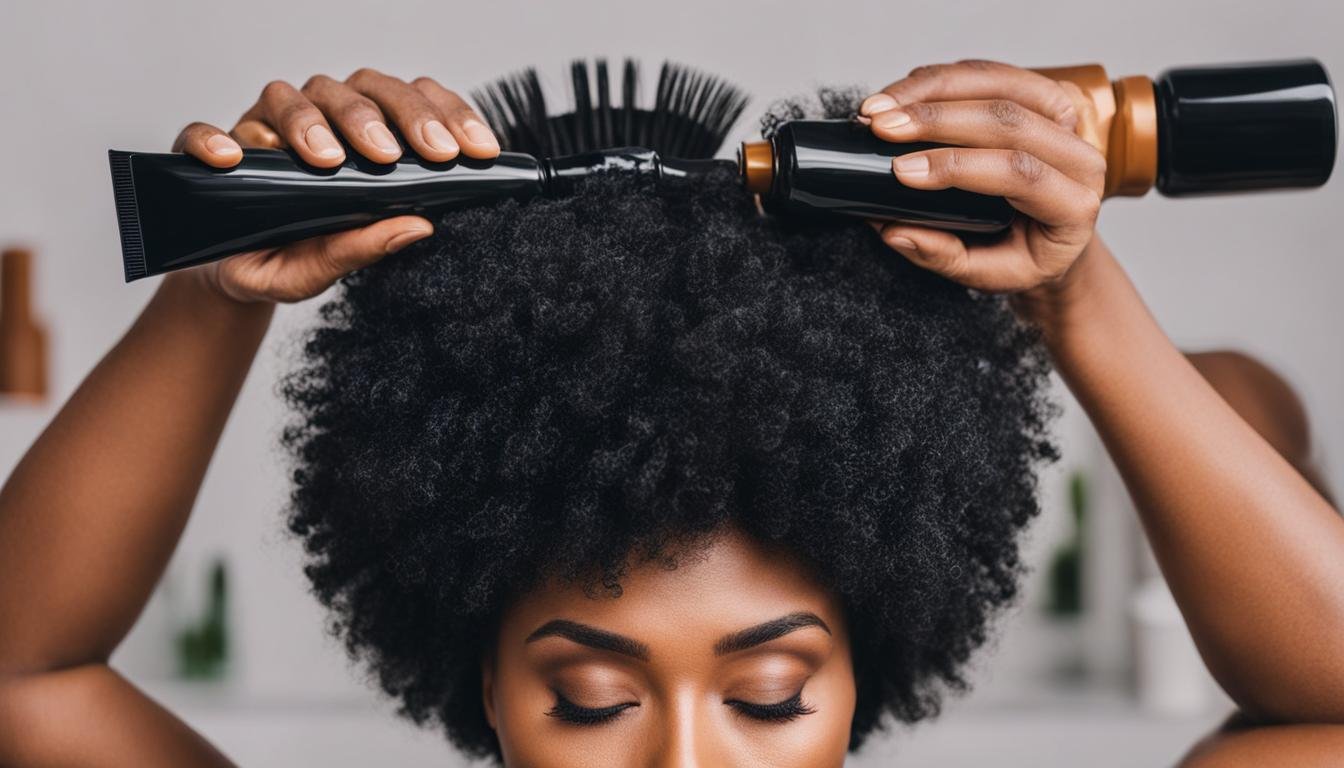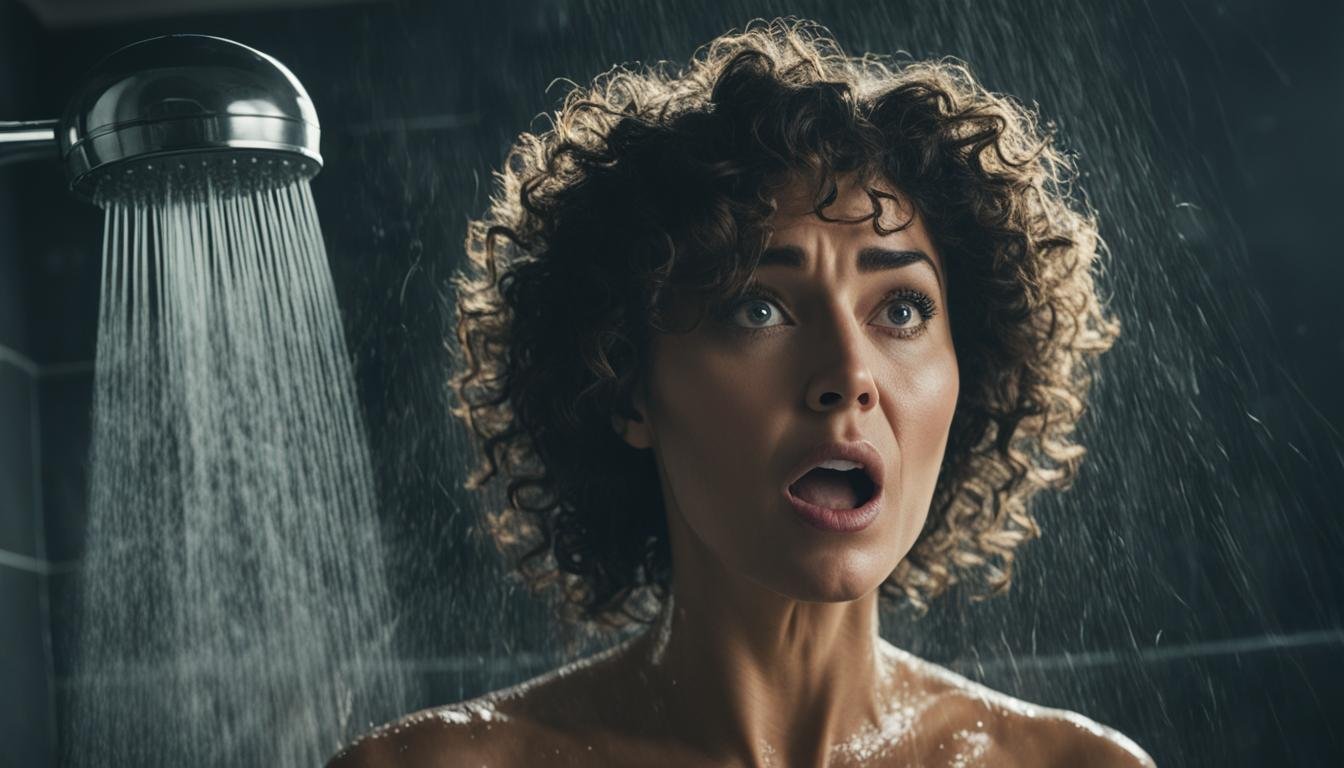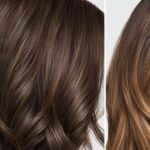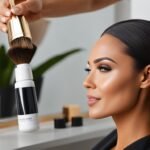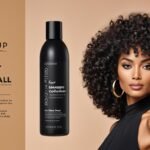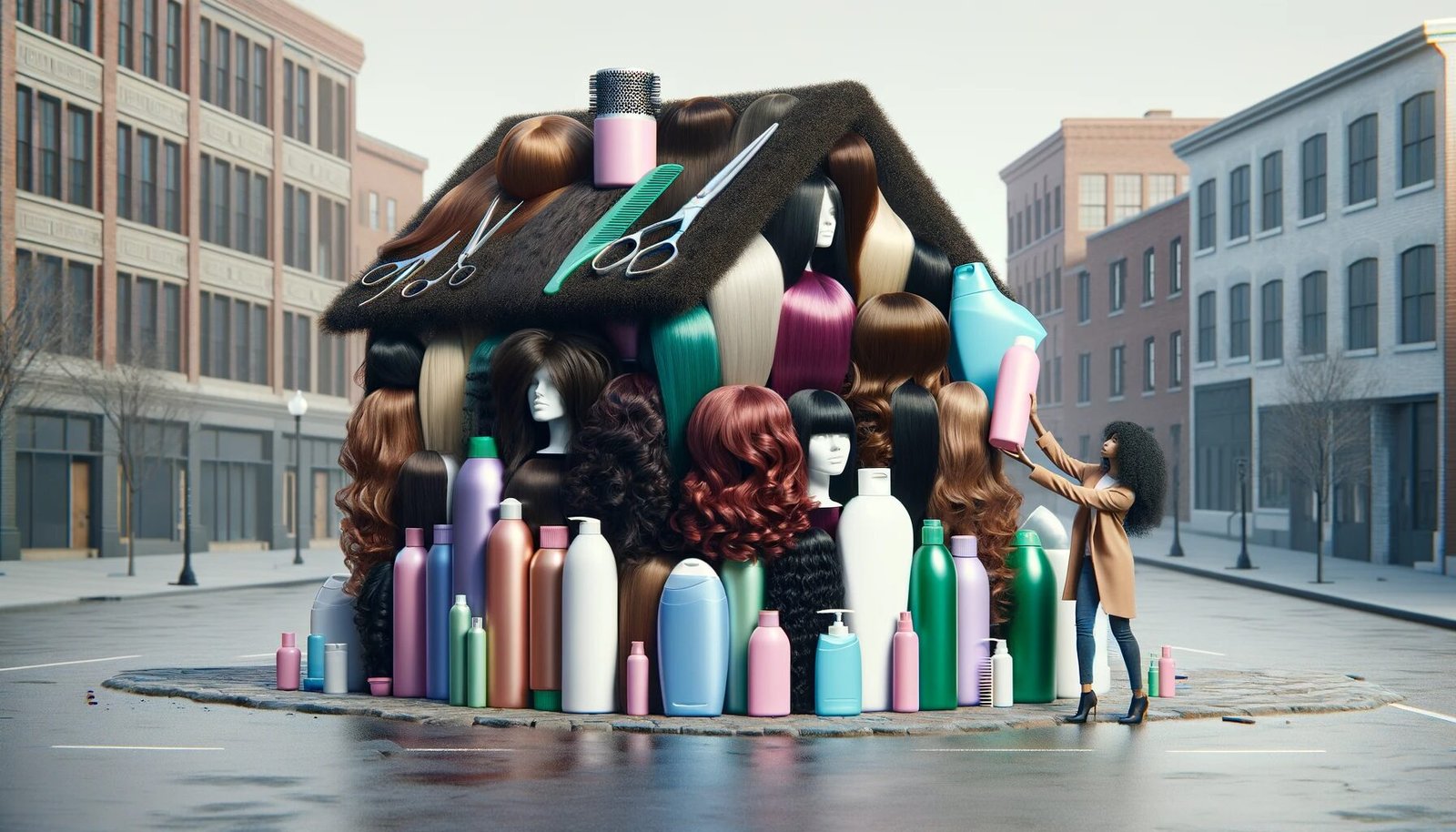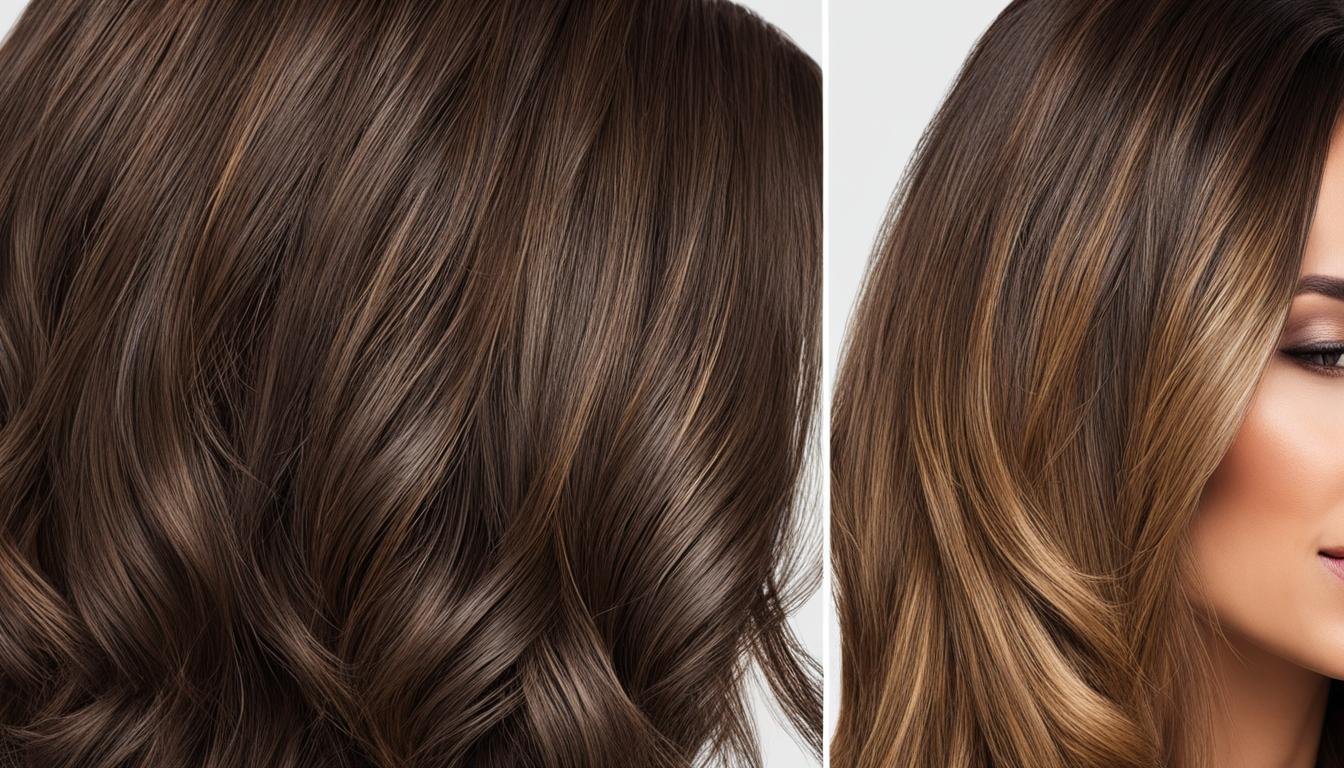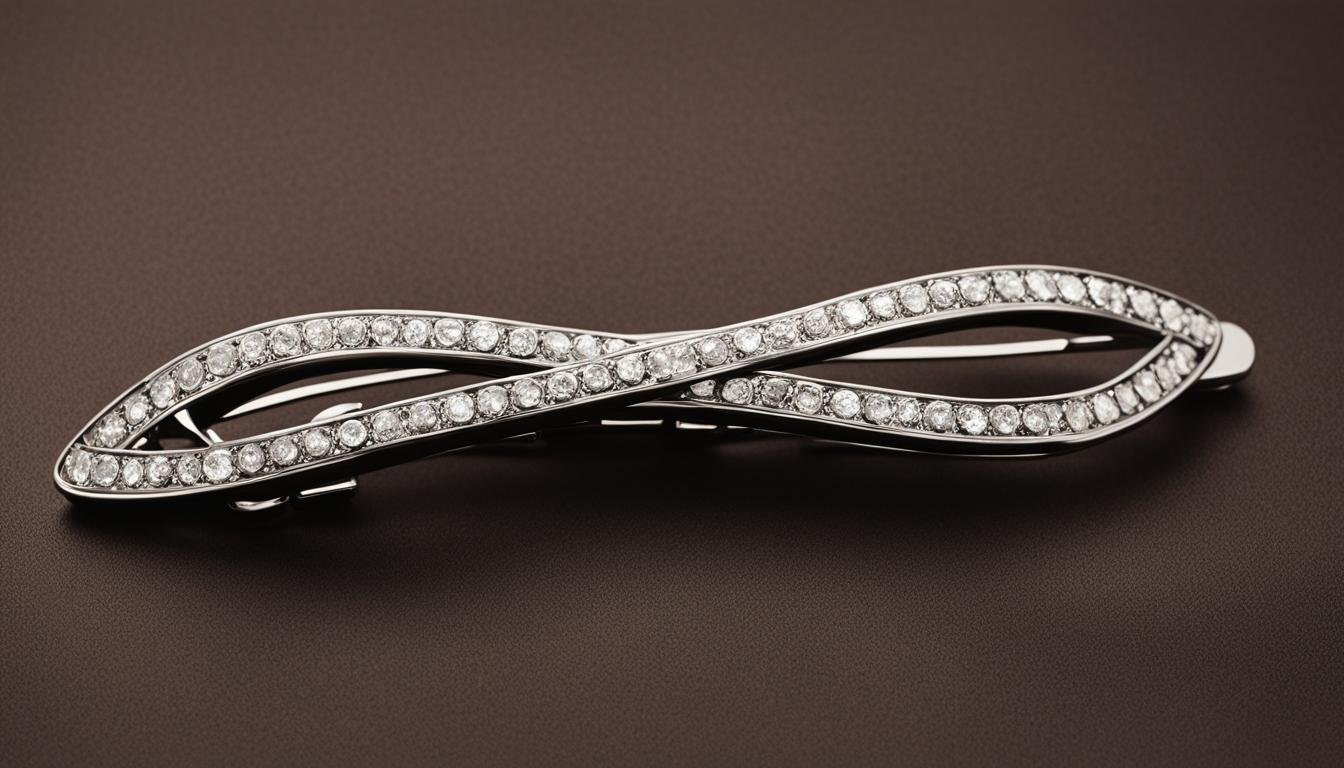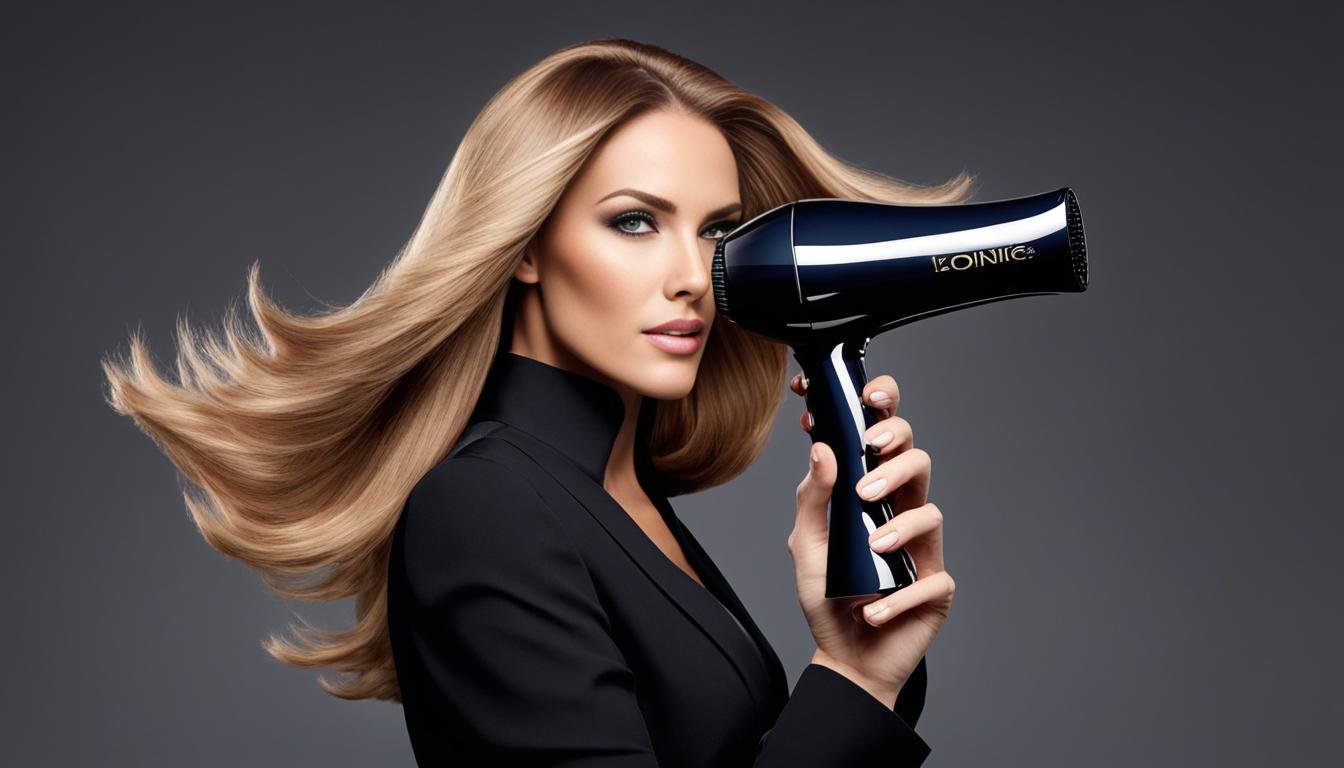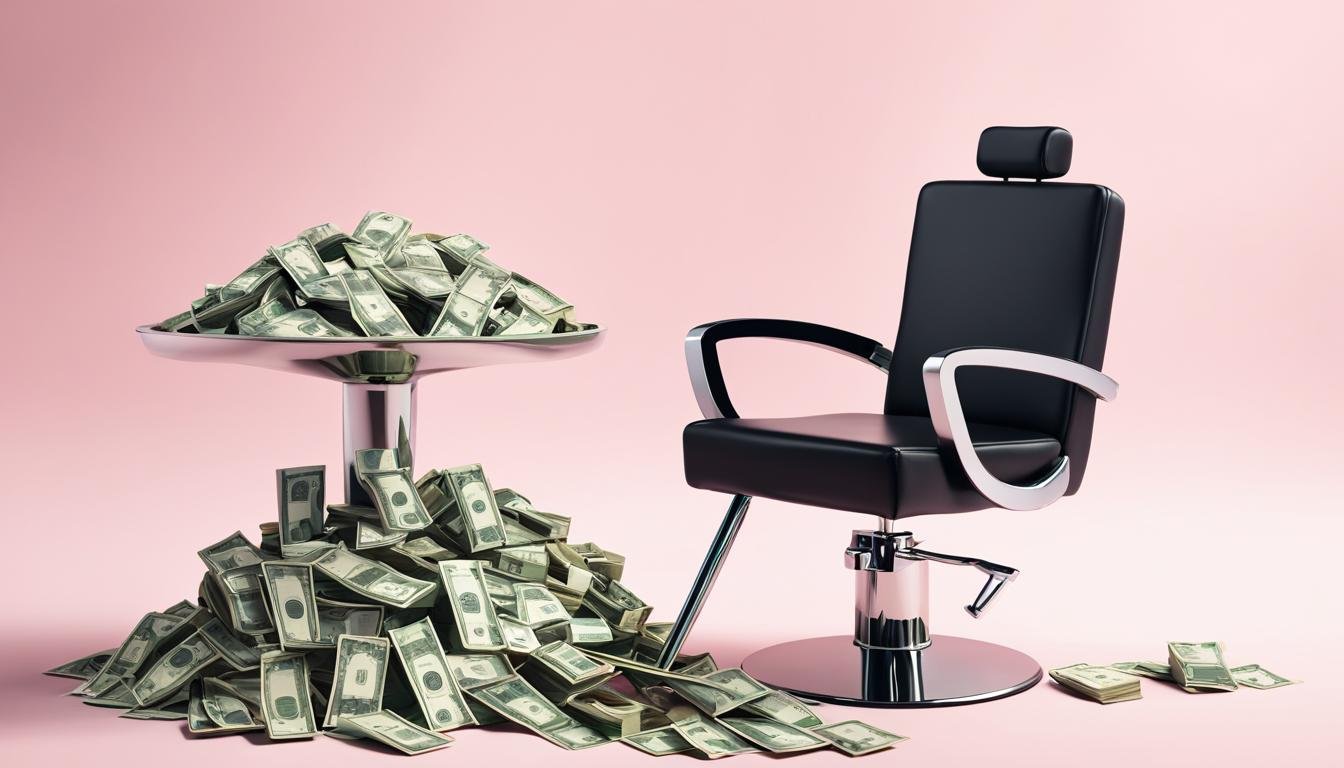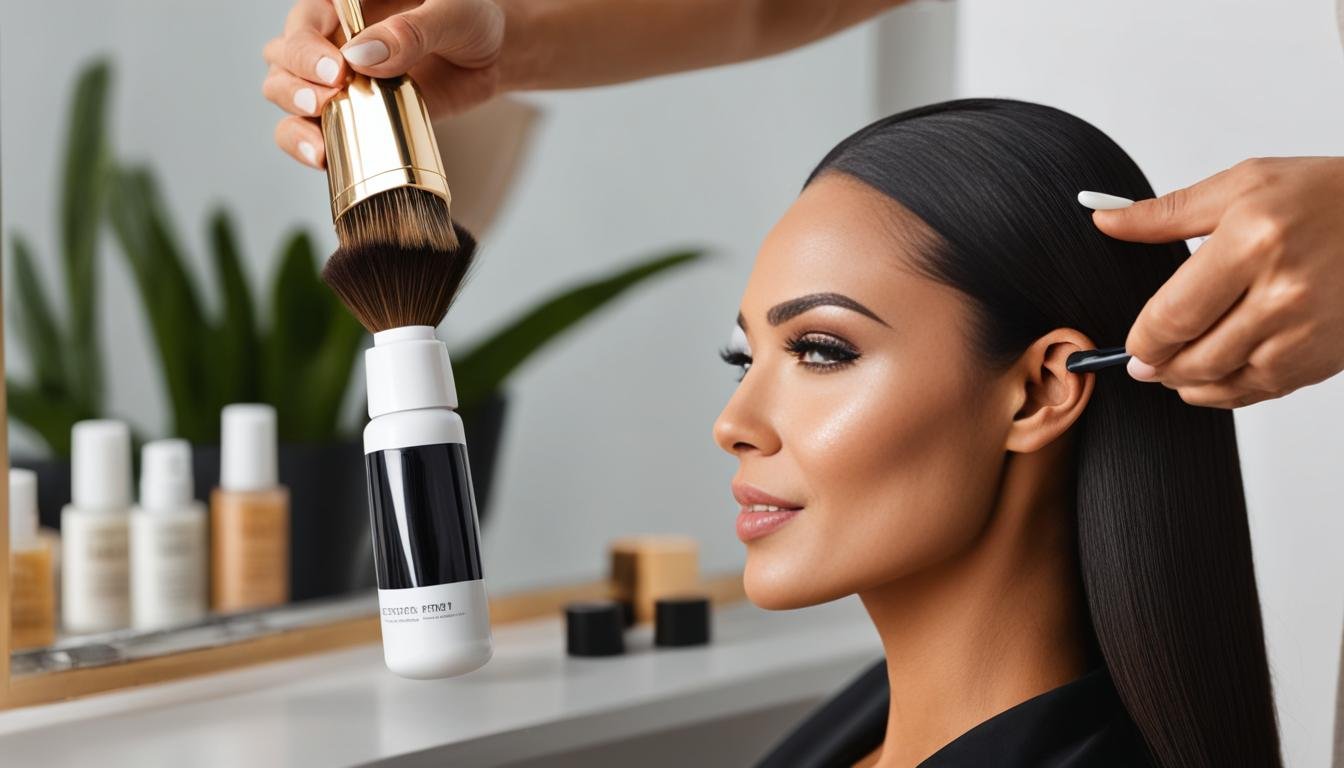African American hair has unique characteristics that often result in dryness. Understanding the reasons behind this dryness can help in finding effective remedies and solutions for moisture-deprived hair. The hair structure of African American individuals, including the presence of curls and kinks, makes it difficult for natural oils to travel along the strands, resulting in dryness.
In addition to its natural texture, several external factors contribute to dryness in African American hair. Exposure to colder climates, high temperatures, and damaging chemicals can further strip the hair of moisture. Using the wrong shampoo can also disrupt the hair’s natural balance, leaving it dry and brittle.
To combat dryness and maintain healthy hair, it is crucial to adopt proper hair care practices. Keeping oneself hydrated, eating a nutritious diet, and monitoring the impact on hair health are essential. Using moisturizing hair products, indulging in periodic deep conditioning treatments, and protecting against hard water and friction from pillows can help restore and maintain moisture in African American hair.
The Impact of Weather on African American Hair
The weather can have a profound effect on the dryness of African American hair. When the temperature drops and humidity decreases, it can strip the hair of its much-needed moisture. This often leads to dry, brittle, and frizzy hair, making it challenging to maintain a healthy and hydrated look.
One of the main reasons weather impacts African American hair is its natural inability to retain moisture effectively. The hair’s structure, which includes curls and kinks, makes it challenging for moisture and nutrients to travel along the strands, resulting in dryness.
However, there are steps you can take to prevent and combat weather-induced dryness. Protective styling is an excellent way to shield your hair from harsh weather conditions. By wearing styles such as braids, twists, or buns, you can minimize exposure to the elements and prevent moisture loss.
Another technique to consider is the LOC (Liquid-Oil-Cream) or LCO (Liquid-Cream-Oil) method. This entails applying a water-based moisturizer to damp hair, followed by sealing in the moisture with an oil or butter and finishing with a cream-based product. This layering technique helps lock in moisture, keeping your hair hydrated and protected from the weather.
It’s important to note that adjusting your hair care routine according to the seasons is vital for preventing dryness. During transitional weather, consider using heavier moisturizers and deep conditioning treatments to keep your hair moisturized and nourished.
The Importance of Proper Hair Washing and Drying Techniques
The way African American hair is washed and dried can significantly impact its dryness. Over-washing can strip the hair of its natural oils, leading to dryness and breakage. To avoid this, it is recommended to use a sulfate-free, natural shampoo and pre-treat the hair with coconut oil before washing.
Coconut oil acts as a protective barrier and helps retain moisture during the washing process. Simply apply a small amount of coconut oil to the hair, focusing on the ends and dry areas, before shampooing. Massage it into the scalp for a few minutes to promote circulation and nourishment.
When it comes to washing the hair, use gentle, massaging motions to stimulate the scalp and remove dirt and product buildup. Instead of using hot water, opt for warm or cool water as hot water can strip the hair of its natural oils, causing dryness. After rinsing out the shampoo, apply a moisturizing conditioner to replenish lost moisture.
Drying the hair quickly and avoiding heat damage is crucial to maintaining moisture. Air drying is the gentlest option, allowing the hair to dry naturally over time. If you’re short on time, using a microfiber towel turban can help speed up the drying process without causing damage.
Pro Tip: Avoid rubbing the hair vigorously with a regular towel, as this can create frizz and breakage. Instead, gently squeeze out excess water and pat the hair dry.
Exposing wet hair to harsh weather conditions can also contribute to dryness. To prevent moisture loss, avoid stepping outside with wet hair or protect it with a hat or scarf. Additionally, using silk or satin pillowcases can help retain moisture while you sleep, as they cause less friction compared to cotton.
Summary:
- Pre-treat the hair with coconut oil before washing to retain moisture.
- Use a sulfate-free, natural shampoo and gentle massaging motions to wash the hair.
- Opt for warm or cool water instead of hot water to prevent stripping the hair of its natural oils.
- Apply a moisturizing conditioner after shampooing to replenish lost moisture.
- Air dry the hair or use a microfiber towel turban to minimize damage.
- Avoid exposing wet hair to harsh weather conditions and use silk or satin pillowcases to retain moisture.
The Importance of Moisture Sealing and Heat Protection
African American hair requires special care to combat dryness and maintain moisture. Sealing in moisture and protecting the hair from heat damage are vital steps to ensure healthy, hydrated hair. Let’s explore the significance of moisture sealing and heat protection in the context of black hair care.
One effective way to seal moisture in African American hair is by using moisture-locking oils or products specifically formulated to retain moisture. These products contain sealing ingredients, like Seal, that slow down the rate at which water escapes from the hair strands. By creating a protective barrier, these sealing products help prevent moisture loss and keep the hair hydrated for longer periods.
Heat protection is equally important in safeguarding African American hair from damage and dryness. Heat tools, such as flat irons and curling wands, can contribute to moisture loss and leave the hair prone to breakage. Using heat protecting sprays before styling can minimize heat damage, maintain moisture levels, and preserve the overall health of the hair.
Additionally, carrying a small spritz bottle with a favorite moisturizing product can be invaluable. Whether it’s a leave-in conditioner or a refreshing mist, having a moisturizing product readily available can combat mid-afternoon dryness and frizz, ensuring that the hair remains hydrated and nourished throughout the day.
Benefits of Moisture Sealing and Heat Protection:
- Retains moisture in African American hair
- Prevents dryness and breakage
- Preserves the natural texture of the hair
- Reduces frizz and promotes healthy shine
- Protects the hair from heat damage
By incorporating moisture sealing and heat protection into your hair care routine, you can maintain optimal moisture levels and promote the overall health of your African American hair.
| Moisture Sealing Techniques | Heat Protection Tips |
|---|---|
| 1. Use moisture-locking oils or sealing products | 1. Apply a heat protecting spray before using heat tools |
| 2. Focus on sealing the ends of the hair | 2. Avoid using high heat settings on styling tools |
| 3. Apply a small amount of sealing product to damp hair | 3. Use a lower heat setting when blow-drying |
| 4. Moisturize regularly with leave-in conditioners | 4. Limit the frequency of heat styling |
Remember, sealing in moisture and protecting your hair from heat damage are essential steps in maintaining hydrated, healthy African American hair. By implementing these practices and using appropriate products, you can ensure your hair remains moisturized, resilient, and beautiful.
The Impact of Chemical Treatments on African American Hair
Chemical treatments, such as relaxing or coloring the hair, can have a detrimental effect on the health of African American hair. These treatments often involve the use of harsh chemicals that strip the hair of its natural moisture, leaving it dry, brittle, and prone to breakage. This can be particularly challenging for individuals with naturally dry hair, as it further exacerbates the issue.
While chemical treatments can offer temporary styling options and versatility, it is important to consider the long-term consequences on hair health. African American hair requires a healthy balance of moisture and nutrients to thrive, and chemical treatments can disrupt this delicate balance.
Transitioning to natural hair and adopting a healthy hair routine is one way to combat the negative impact of chemical treatments. By embracing natural hair, individuals can avoid the continuous use of harsh chemicals and allow their hair to regain its natural strength and moisture. Additionally, using products specifically formulated for natural hair care can nourish and protect the hair, promoting its overall health.
Regular deep conditioning treatments are crucial in restoring and maintaining moisture for dry, natural hair. Deep conditioners provide intensive hydration and nourishment to replenish the hair’s moisture levels and improve its elasticity. Look for deep conditioners infused with natural ingredients like shea butter, coconut oil, and avocado oil, as these can provide essential nutrients and moisture to the hair.
Another important aspect of maintaining healthy hair after chemical treatments is maintaining the protein/moisture balance. Chemical treatments can disrupt this balance, leading to weakened hair that is more susceptible to damage and breakage. Incorporating protein treatments into the hair care routine can help restore and strengthen the hair, providing a protective barrier against damage.
Overall, while chemical treatments can offer temporary style transformations, they come with risks that can compromise the health and integrity of African American hair. Transitioning to natural hair and adopting a healthy hair routine that includes regular deep conditioning treatments and a balanced protein/moisture approach is essential in restoring and maintaining moisture for dry, natural hair.
Addressing Common Causes of Dryness in African American Hair
In addition to external factors, there are several common causes of dryness in African American hair. Insufficient hydration, lack of deep conditioning, product build-up, and relying solely on co-washing without cleansing can contribute to dryness.
Insufficient hydration: Proper hydration is crucial for maintaining the moisture balance in African American hair. When the hair lacks hydration, it becomes dry and prone to breakage. To prevent dryness, it is important to drink an adequate amount of water daily and incorporate moisturizing hair care practices.
Lack of deep conditioning: Deep conditioning treatments are essential for nourishing and moisturizing African American hair. They provide intense hydration, strengthen the hair, and restore moisture lost due to external factors. Regular deep conditioning sessions, at least once a week, can help combat dryness and promote healthier hair.
Product build-up: Using excessive amounts of hair products or not properly cleansing the scalp can lead to product build-up, clogging the hair follicles and preventing the absorption of moisture. It is important to clarify the hair regularly to remove build-up and allow the hair to breathe, resulting in better moisture retention.
Relying solely on co-washing without cleansing: While co-washing, or washing the hair with conditioner instead of shampoo, can be beneficial for retaining moisture, it is not a substitute for regular cleansing. Co-washing alone may lead to product build-up and scalp issues, ultimately contributing to dryness. It is recommended to incorporate gentle cleansing with a sulfate-free shampoo into the hair care routine to maintain a healthy scalp and prevent dryness.
Natural Hair Care Tips:
1. Hydrate the hair from within by drinking enough water daily.
2. Incorporate regular deep conditioning treatments to moisturize and nourish the hair.
3. Clarify the hair to remove product build-up and unclog the hair follicles.
4. Follow a balanced hair care regimen that includes proper cleansing and conditioning.
5. Use moisturizing hair products specifically formulated for African American hair.
6. Protect the hair from heat damage by using heat protecting sprays or avoiding excessive heat styling.
| Causes of Dryness | Prevention Tips |
|---|---|
| Insufficient hydration | Drink enough water daily and incorporate moisturizing hair care practices. |
| Lack of deep conditioning | Regularly schedule deep conditioning treatments at least once a week. |
| Product build-up | Clarify the hair regularly to remove build-up and allow for better moisture absorption. |
| Relying solely on co-washing without cleansing | Incorporate gentle cleansing with a sulfate-free shampoo into the routine to maintain a healthy scalp. |
Restoring Moisture to Dry Natural Hair
Restoring moisture to dry natural hair is essential for maintaining its health and vitality. Hydrating natural hair requires a combination of proper techniques and effective moisturizing products specifically designed for black hair. By incorporating deep conditioning treatments into a regular hair care routine, individuals can replenish moisture and improve hair elasticity.
Choosing the right moisturizing hair products for black hair is crucial in achieving optimal results. Look for products that provide a healthy balance of protein and moisture, as this helps to restore the hair’s natural strength and hydration. It is important to avoid excessive use of oils and butters as they can lead to product build-up and weigh the hair down.
Regular washing and shampooing are necessary for removing dirt and product residue that can contribute to dryness. However, it is equally important to follow up with leave-in conditioners and moisture-locking oils to prevent moisture loss. These products create a protective barrier that seals in moisture and helps to maintain the hair’s hydration levels.
By following a comprehensive hair care routine that includes deep conditioning treatments, the use of appropriate moisturizing products, and regular washing and conditioning, individuals can effectively restore and maintain moisture in their natural hair. With continued care and attention, dry natural hair can be transformed into healthy, hydrated, and beautiful locks.
